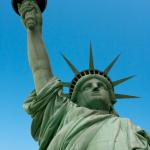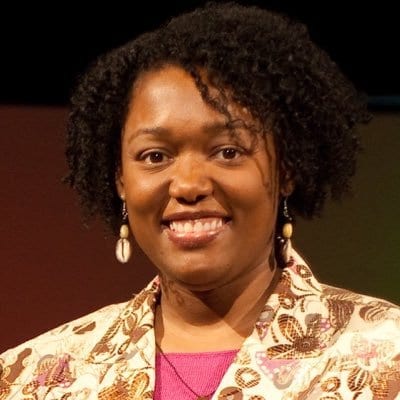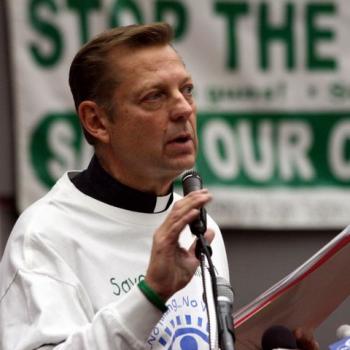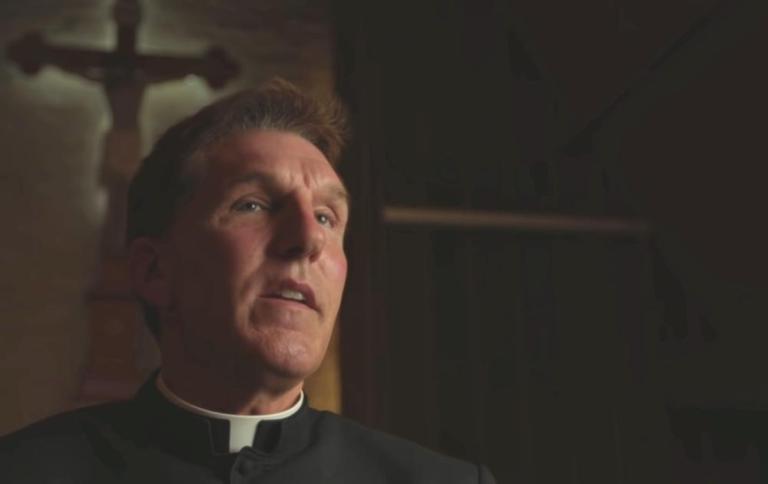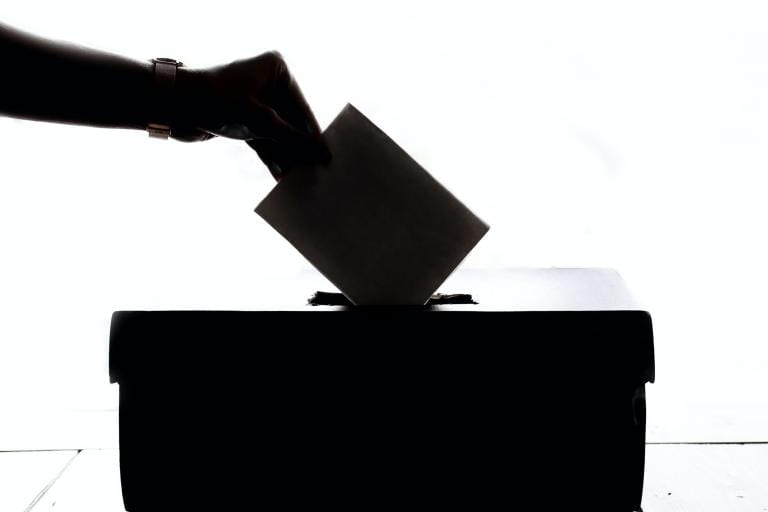
The Leadership Conference of Women Religious and the National Black Sisters Conference issued a joint statement May 5 on the importance of ensuring that all people enjoy the right to vote “regardless of their race, zip code, economic status or party affiliation.”
“As women of faith and faithful Americans, we believe that all people have the right and obligation to participate fully in our democracy,” the sisters’ statement said, adding that they “strongly oppose all attempts to restrict that participation by limiting the sacred right to vote.”
The national sisters’ organizations also endorsed the John Lewis Voting Rights Advancement Action Day on May 8, a national event supporting expanded voting rights.
The religious sisters issued their joint statement against a backdrop of bills in Republican-controlled state legislatures that seek to tighten regulations and impose new restrictions that critics say will make it more difficult for people – especially low-income voters and people of color – to cast ballots in future elections. In Georgia – which President Joe Biden won last November by carrying urban districts with large minority populations – it’s now even illegal to give water to people standing in line to vote.
The push to tighten voting laws reflects the longrunning interest in “election integrity” in GOP circles that has only intensified since former president Donald Trump lost the 2020 election and then tried to overturn the election by lying about widespread voter fraud. The Big Lie about a stolen election has since become almost a dogma in far right circles, and is so strong in the Republican Party that U.S. Rep. Liz Cheney, R-Wyoming, is about to lose her leadership position in the party’s congressional caucus because she dares to call it out.
The U.S. Conference of Catholic Bishops has in the past upheld the right of citizens to have their voice heard in the public square, especially through the ballot box. A 2018 document on racism and voting that accompanied the conference’s most recent pastoral letter against racism – Open Wide Our Hearts – says:
“We also must act to ensure that the right to vote is protected for all citizens. This has often been threatened for many minorities in the U.S.”
The USCCB document also notes how 60 years ago, the United States Commission on Civil Rights documented this country’s history of pervasive discrimination toward minorities in all aspects of voting, despite the 1870 Fifteenth Amendment that prohibits denying citizens the right to vote because of “race, color, or previous condition of servitude.” Since the 1870s, the bishops noted that threats of violence and actual violence, especially in the South, had been used to discourage African Americans from voting, and that government officials openly opposed minority voting.
The bishops conference also made it a point to emphasize that state Catholic conferences have been vocal about other issues related to access to voting, including gerrymandering and restoration of voting rights.
But in recent months, the U.S. bishops conference and local Catholic conferences in states where new voting restrictions have been signed into law have been conspicuously silent on the issue. I have not seen any press releases or statements from the USCCB or the bishops’ conferences in Georgia, Florida, Texas or any other state where these bills are pending in the legislatures. It’s a silence that stands out in stark contrast to how outspoken religious leaders of other denominations, including Black churches, have been on the issue. Catholic writers and journalists on the religion beat are also noticing it.
Cynics would say that the bishops’ recent silence on voting rights is some kind of political calculation to not anger or alienate Republican state legislators who they may need to enact new restrictions on abortion clinics or new laws that would benefit Catholic schools, for example. It also must be noted that a group of wealthy and politically-connected Catholics and pro-life groups, including the Susan B. Anthony List, are pushing the new state-level laws to restrict voting access, as Christopher White recently reported for the National Catholic Reporter.
Either way, the silence speaks volumes to Black Catholics and, one can argue, may hamper the Church’s witness and ability to evangelize to the Black community. And for someone who looks at these trends through a historical lens, this can be seen in a context of the Catholic Church in the United States long accommodating itself to white supremacy, vis a vis slavery, Jim Crow, red-lining, and prohibiting Black Catholic men and women from joining certain religious orders and parishes, to name a few injustices.

